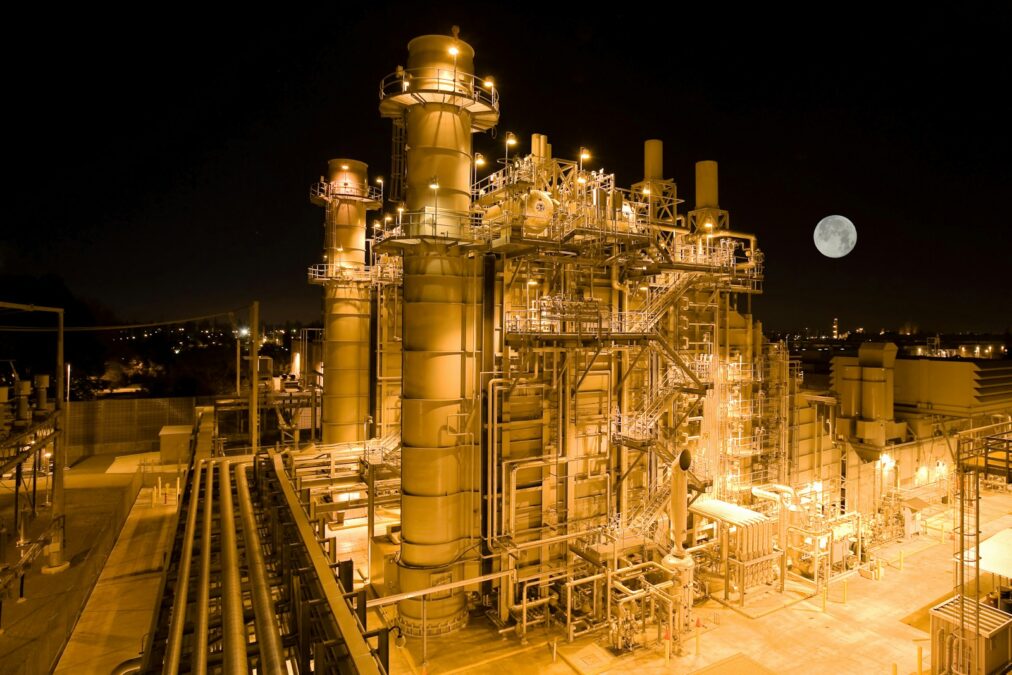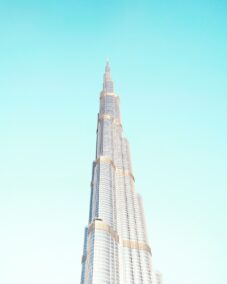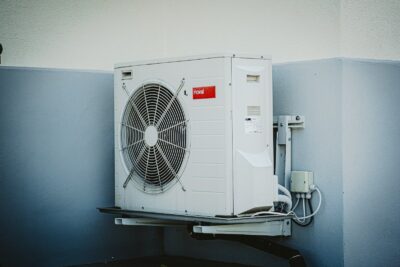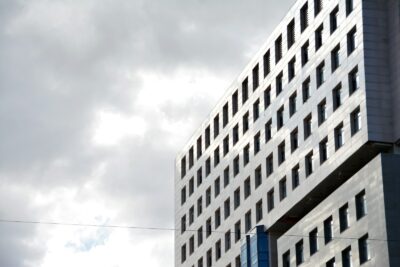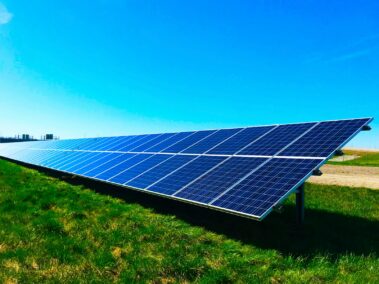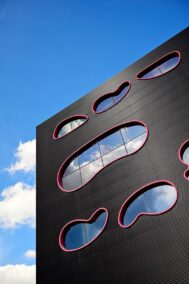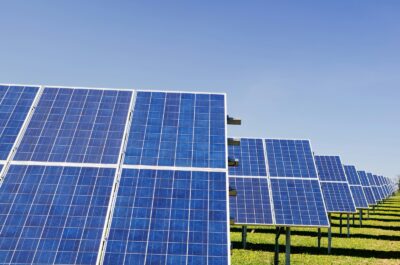Innovative Building Designs: Pioneering Energy Efficiency in Saudi Arabia and the UAE
Energy-Efficient Building Designs: Transforming Architecture in Saudi Arabia
In the pursuit of sustainability, Saudi Arabia is embracing energy-efficient building designs that incorporate the latest technological advancements. The Kingdom’s Vision 2030 initiative underscores the importance of developing buildings that reduce energy consumption and minimize environmental impact. By integrating smart technologies, architects and engineers are creating structures that are not only aesthetically pleasing but also environmentally friendly.
Artificial Intelligence (AI) plays a crucial role in optimizing energy use within these buildings. AI systems can analyze vast amounts of data from various sensors to manage lighting, heating, cooling, and ventilation systems more efficiently. This real-time optimization ensures that energy is used only when necessary, significantly reducing wastage and lowering operational costs. In cities like Riyadh, AI-powered smart buildings are setting new standards for sustainability and energy efficiency.
Moreover, the use of Generative Artificial Intelligence (Generative AI) in the design phase allows architects to explore innovative solutions that maximize energy efficiency. Generative AI can simulate different design options and evaluate their energy performance, helping architects select the most sustainable configurations. This approach not only enhances the energy efficiency of buildings but also fosters creativity and innovation in architectural design.
Technological Innovations in UAE’s Energy-Efficient Building Designs
The United Arab Emirates (UAE) is at the forefront of implementing energy-efficient building designs that leverage cutting-edge technologies. In Dubai, iconic structures like the Burj Khalifa and the upcoming Dubai Creek Tower exemplify the integration of advanced technologies to achieve energy efficiency. These buildings incorporate state-of-the-art materials and systems that reduce energy consumption while maintaining high levels of comfort and functionality.
Blockchain technology is also being utilized to enhance the transparency and efficiency of energy management in these buildings. Blockchain can securely record and verify energy transactions, enabling decentralized energy markets within building complexes. This technology facilitates peer-to-peer energy trading, where occupants can buy and sell excess energy, further promoting the use of renewable energy sources and reducing overall energy costs.
Furthermore, the incorporation of the Metaverse in building design and management offers new possibilities for energy efficiency. Virtual reality (VR) and augmented reality (AR) technologies can create immersive simulations for architects and engineers to test and optimize building designs. These simulations can predict how buildings will perform under different environmental conditions, allowing for adjustments that enhance energy efficiency. By integrating the Metaverse into the design process, the UAE is pioneering innovative approaches to sustainable architecture.
Change Management and Executive Coaching: Enhancing Adoption of Energy-Efficient Building Designs
Effective change management is essential for the widespread adoption of energy-efficient building designs in Saudi Arabia and the UAE. Business executives and mid-level managers must lead the transition towards sustainable building practices within their organizations. Change management strategies, including comprehensive planning, stakeholder engagement, and continuous communication, are crucial to overcoming resistance and ensuring successful implementation.
Executive coaching services are instrumental in equipping leaders with the skills needed to drive this change. Coaching focuses on developing leadership and management skills that enable executives to champion energy-efficient initiatives. By fostering a culture of innovation and sustainability, executives can inspire their teams to embrace new technologies and practices that enhance energy efficiency.
Effective communication is another critical component of change management. Executives must clearly articulate the benefits of energy-efficient building designs to all stakeholders. Transparent communication builds trust and support, ensuring that everyone is aligned with the organization’s sustainability vision. Regular updates and feedback mechanisms are essential to address concerns and celebrate progress, maintaining momentum throughout the transition process.
Management Consulting and Project Management in Energy-Efficient Building Projects
Management consulting firms play a pivotal role in the deployment of energy-efficient building designs in Saudi Arabia and the UAE. These firms provide expert advice on the latest technological advancements, regulatory requirements, and market trends. Their strategic guidance ensures that building projects are technically feasible, financially viable, and compliant with local regulations. By leveraging their expertise, management consultants help organizations navigate the complexities of sustainable building practices.
Effective project management is essential for the successful implementation of energy-efficient building designs. Project managers oversee all aspects of the project, from initial planning to final construction, ensuring that projects are completed on time, within budget, and to the required quality standards. In Riyadh and Dubai, project managers use advanced tools such as AI-driven project management software to enhance efficiency and decision-making. These tools provide real-time data and analytics, enabling proactive management of project timelines and resources.
Management consulting firms also facilitate collaboration among various stakeholders, including government agencies, private companies, and international organizations. Collaborative efforts are crucial to mobilize the necessary resources and expertise for large-scale building projects. By fostering partnerships and promoting knowledge sharing, management consultants contribute to the successful deployment of energy-efficient building designs in the region.
Conclusion: The Future of Energy-Efficient Building Designs in Saudi Arabia and the UAE
The future of energy-efficient building designs in Saudi Arabia and the UAE is promising, driven by technological innovations and strategic initiatives. Both countries are committed to reducing their carbon footprint and enhancing energy efficiency. By investing in advanced technologies such as AI, blockchain, and the Metaverse, the efficiency and scalability of building designs will continue to improve, supporting their sustainability goals.
Executive coaching and management consulting play a crucial role in this transformation. These services equip leaders with the skills and knowledge to navigate the complexities of energy-efficient building projects. By fostering a culture of innovation and collaboration, Saudi Arabia and the UAE are well-positioned to lead in sustainable architecture.
In conclusion, the development of energy-efficient building designs is a key component of the sustainability strategies in Saudi Arabia and the UAE. Through the integration of advanced technologies and effective leadership, these countries are making significant strides towards a greener future. The journey towards sustainability is well underway, and the potential for further advancements in building technology is vast.
—
#EnergyEfficientBuilding, #Sustainability, #SaudiArabia, #UAE, #Riyadh, #Dubai, #ChangeManagement, #ExecutiveCoaching, #BusinessSuccess, #ManagementConsulting, #ArtificialIntelligence, #Blockchain, #Metaverse, #GenerativeAI, #LeadershipSkills, #ProjectManagement

